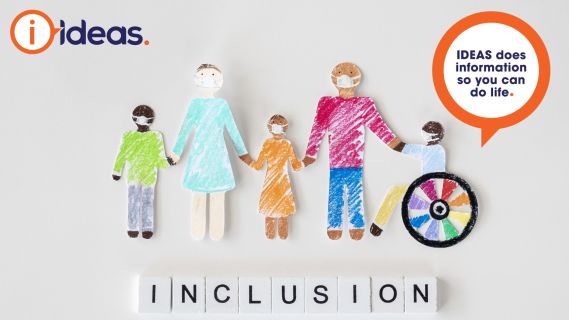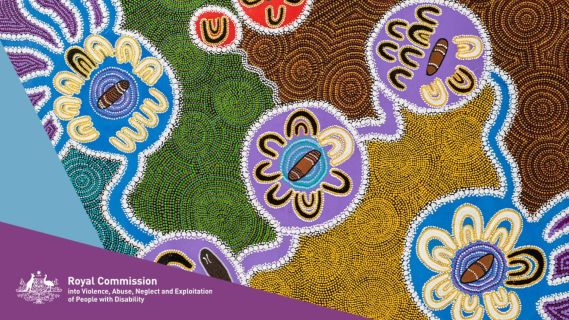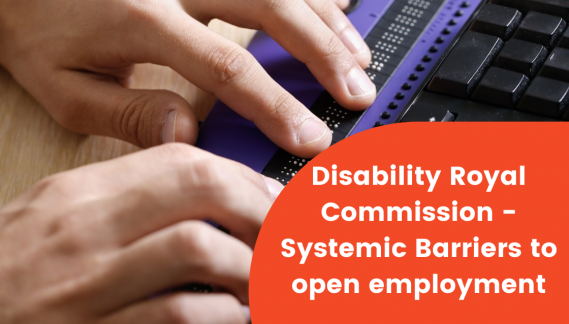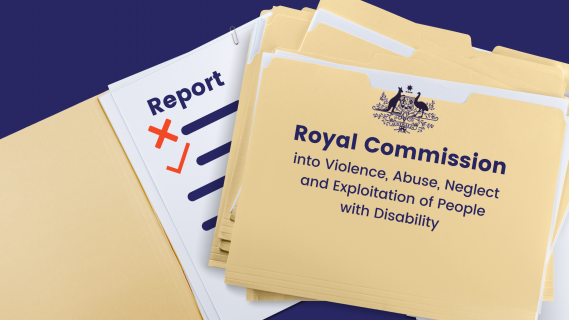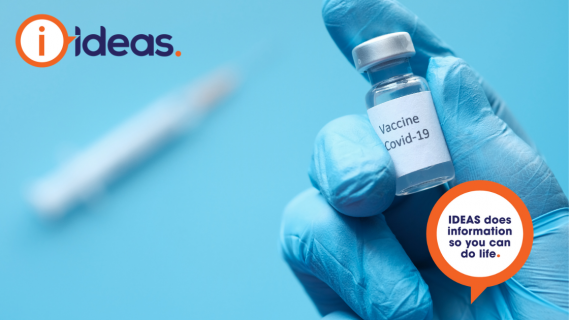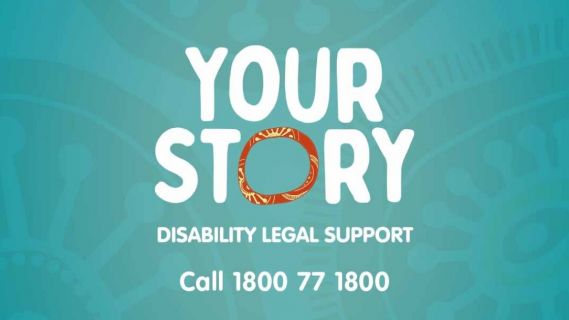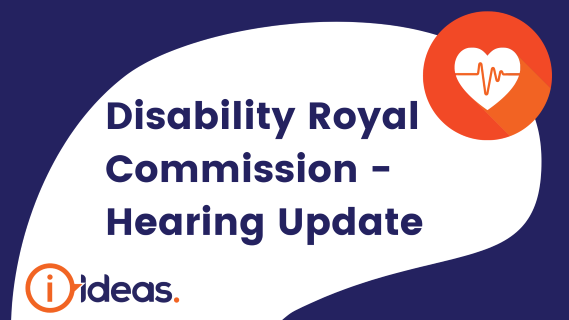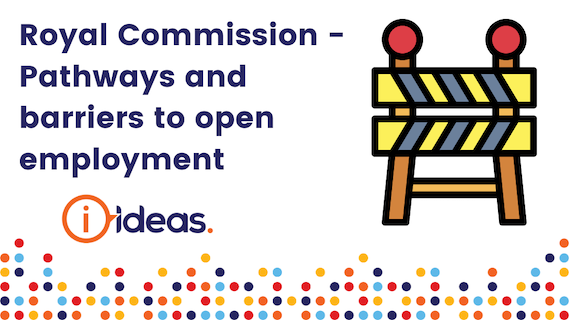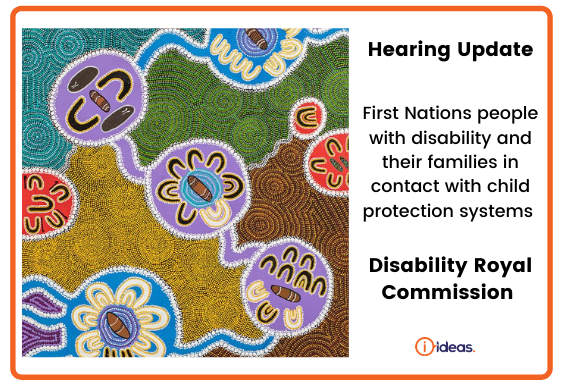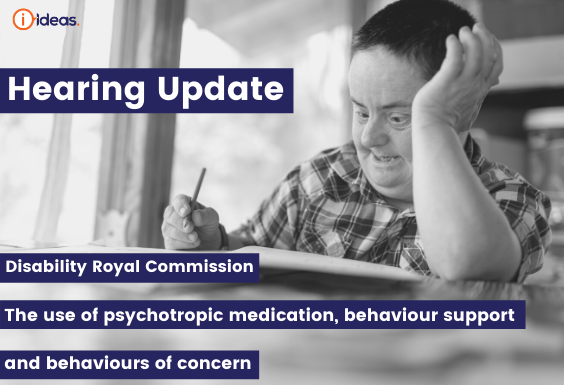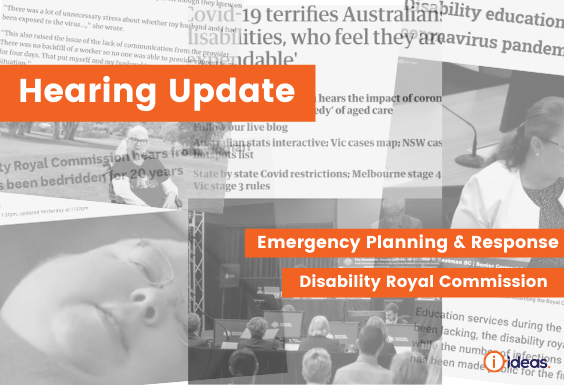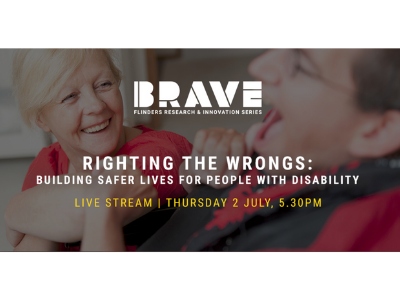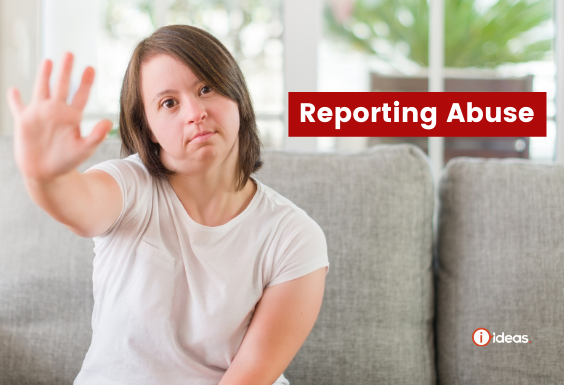The Royal Commission into Violence, Abuse, Neglect and Exploitation of People with Disability has today released the draft Commissioners’ Report of Public hearing 12: The experiences of people with disability, in the context of the Australian Government’s approach to the COVID-19 vaccine rollout.
In the draft report – which is now published on the Royal Commission’s website – the Commissioners set out 17 findings and seven recommendations they propose to make about the Australian Government’s approach to the COVID-19 vaccine rollout as it affects people with disabilities, particularly people in residential disability settings and people with intellectual disability.
Why is this report important?
The Royal Commission is publishing this draft Report on the website for two reasons:
- The draft report recounts developments since the public hearing took place on 17 May 2021. As these developments could not be the subject of evidence at the hearing, it is necessary to give the Australian Government an opportunity to identify and correct factual errors, if any, in that account.
- The proposed recommendations should be made known as soon as practicable given the rapidly changing circumstances.
Once the Australian Government responds the Report will be finalised and presented to the Governor-General.
The draft report acknowledges that the Australian Government Department of Health confronted significant challenges in framing the ‘COVID-19 Vaccine roll-out strategy’ on 7 January 2021 and in conducting the vaccination rollout. The draft report finds that the Department of Health failed to meet these challenges in important respects. As a consequence, the conduct of the vaccine rollout, especially to people living in residential disability settings and disability support workers was ‘seriously deficient.
The Department of Health made a critical decision in early March 2021 to give priority in the vaccine rollout to aged care residents over all people in residential disability settings. This crucial decision was made without consulting the disability sector and was not made public until the Department gave evidence to the Senate Select Standing Committee on COVID-19 on 20 April 2021, 6 weeks after the decision was made.
What were the main problems?
The draft report identifies three core problems with the rollout of vaccines for people with disabilities:
- The failure to consult with people with disability, disability support workers, disability representative organisations and service providers in developing the strategy;
- The lack of transparency in decision making – most evident in the Department of Health’s decision to deprioritise the vaccination of people with disabilities which was not communicated publicly for six weeks; and
- The failure to provide clear and easily comprehensible information about the vaccines and the rollout of the vaccines to people with disabilities, which contributed to ongoing vaccine hesitancy and fear among a group at risk of serious consequences if they became infected with the virus.
The draft report also considers the National Plan to transition Australia’s National COVID-19 Response, which envisions that states and territories will enter a ‘Vaccination Transition Phase’ and begin significantly easing restrictions when the average double dose vaccination rates across the country AND in individual jurisdictions reach 70% of the population aged 16 and older. Some states have announced that they will ease restrictions when the 70% threshold is reached in their particular jurisdiction (not nationally).
The Royal Commission expresses concern that restrictions might be significantly eased before all people with disabilities, particularly people in residential disability accommodation and people with intellectual disability have a genuine opportunity to be fully vaccinated.
Without that opportunity, they face significant risks to their health if they contract COVID-19.
From the report
Recommendation 4
The Australian Government should use its best endeavours to ensure that no state or territory significantly eases restrictions when the threshold of 70 per cent of the population 16 years of age and older being fully vaccinated is met (however the threshold requirement is interpreted), unless and until the Government is satisfied that:
- all people with disabilities, particularly NDIS participants, people living in residential disability accommodation and people with intellectual disability have, and appreciate that they have, the opportunity to be fully vaccinated; and
- all active disability support workers have been fully vaccinated.







